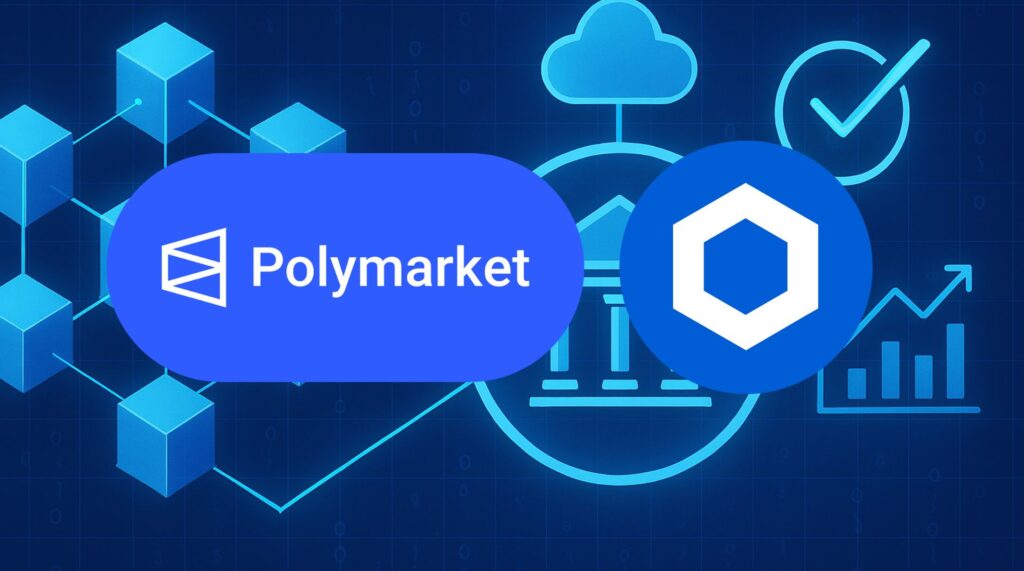Polymarket has integrated Chainlink oracles to improve the integrity of resolution data in its prediction markets. The aim is to deliver verifiable, low-latency data that can replace certain resolutions previously based on social voting. The announcement was followed by a 15% increase in the platform’s total value locked, affecting traders, liquidity providers, and institutional investors.
Context and impact
Chainlink will provide Data Streams that deliver timestamped, low-latency, and verifiable data, crucial inputs to set prices and resolve markets quickly. Polymarket seeks to reduce dependence on subjective decisions like social voting, which can open the door to coordinated campaigns that bias outcomes.
The market reacted with a 15% rise in total value locked after the announcement, which experts link to greater institutional appetite for platforms offering stronger integrity guarantees. The integration also aligns with Chainlink’s broader expansion in decentralized finance; Analysts notes its use in other contexts such as feeds for rebasing and price oracles across various protocols, reinforcing a network effect around its infrastructure.
Residual risks remain despite multiple data sources reducing manipulation vectors. Experts warn that inadequate validation of oracle reports has caused losses in previous incidents, underscoring the need for robust verification processes.

Regulation, technical detail, and implications
Experts does not provide details on regulatory requirements or licenses related to MiCA or MiFID, nor on specific KYC/AML procedures adopted by Polymarket after the integration. This information gap highlights the importance of verifying compliance as institutional exposure increases.
An oracle is a service that transmits real-world data to smart contracts. In this case, Chainlink Data Streams provides prices with timestamps and verifiability to automate resolutions, aiming to enhance accuracy and speed.
Decentralized oracles can boost trust and liquidity in prediction markets, facilitating institutional participation. However, centralizing dependencies on a dominant provider may increase systemic risks if the oracle network suffers collective failures. Experts emphasize complementary measures, including continuous testing, oracle monitoring, and guard statements in contracts to limit exploitation of price differences.
The integration places Polymarket within a broader trend of using oracles to improve automatic resolution in prediction markets. The 15% rise in total value locked reported by experts offers a verifiable signal of market response, and practical success will depend on the platform’s operational robustness and compliance guarantees going forward.


